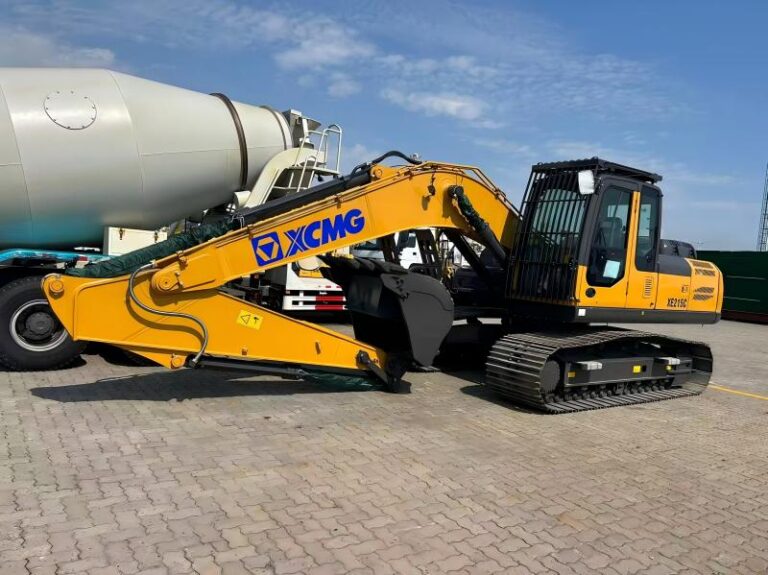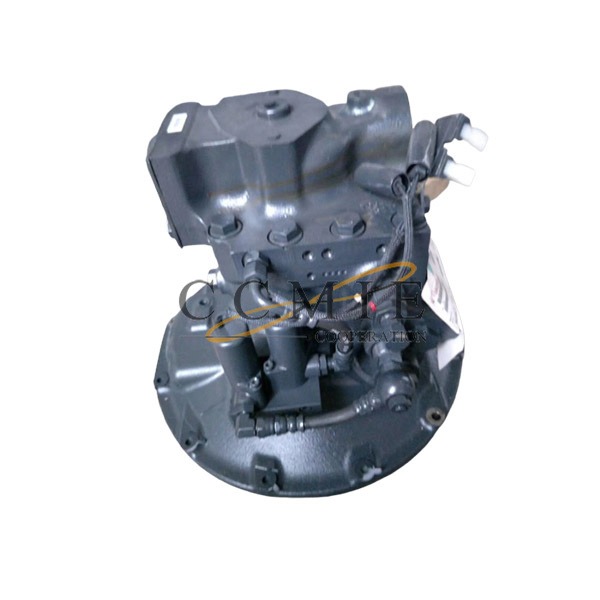A Comprehensive Guide to Scientifically Selecting Excavator Tonnage
In modern engineering construction, hydraulic excavators are indispensable core construction equipment. The appropriateness of their tonnage selection directly affects engineering efficiency, construction safety and economic benefits. This article is a comprehensive guide to scientifically selecting excavator tonnage. It will start from the actual needs of the project and systematically explain how to scientifically and rationally select excavators of different tonnages, providing equipment selection references for various engineering projects.
Classification of excavators by tonnage
Hydraulic excavators are usually divided into four categories according to their working weight. Each tonnage range corresponds to different performance characteristics and applicable scenarios.
Micro excavators (1-6 tons) are known for their smart body size and excellent passability, and are particularly suitable for working in conditions with limited space. For example, they are used in pipeline laying and landscaping.
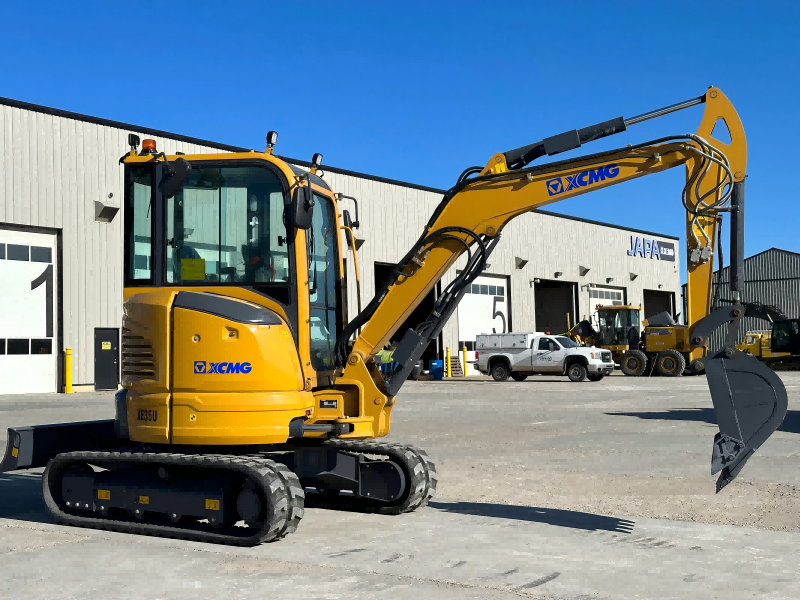
Small excavators (6-15 tons) have significantly improved their operating capacity while maintaining good maneuverability, making them an ideal choice for urban construction and rural infrastructure projects. They are used for digging foundations, leveling sites, urban road construction, etc.
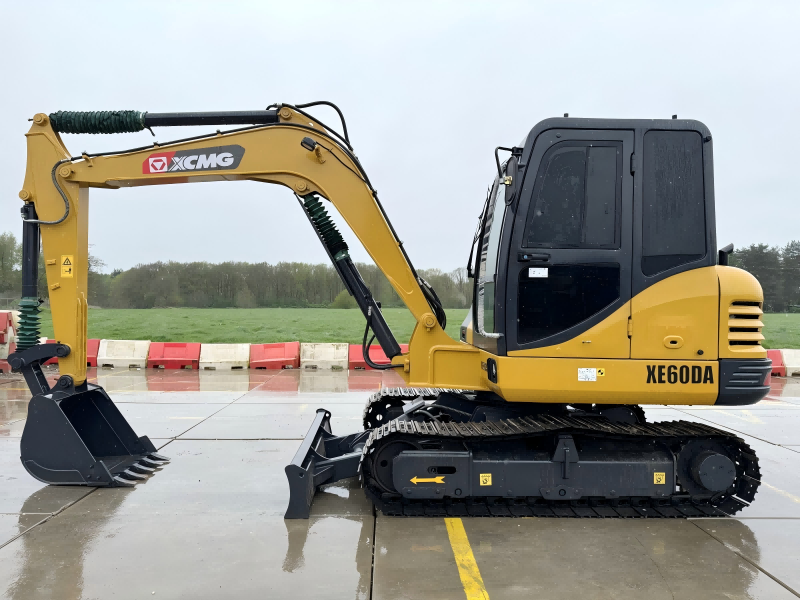
Medium excavators (15-20 tons) dominate the fields of highway construction, real estate development, etc. with their balanced performance.
Large excavators (over 20 tons) are designed for heavy-duty working conditions such as large earthwork projects and mining with powerful digging force and efficient operation capabilities.
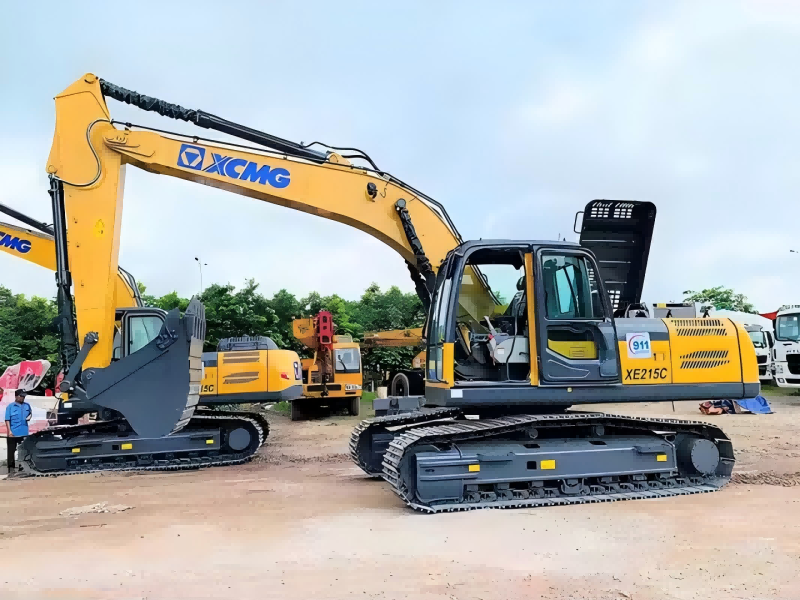
With technological progress, the boundaries of various tonnage ranges are no longer absolute. Modern excavators can achieve greater operating efficiency at the same tonnage through optimized design. For example, some 20-ton products have achieved operating efficiency close to that of traditional 25-ton models through hydraulic system innovation.
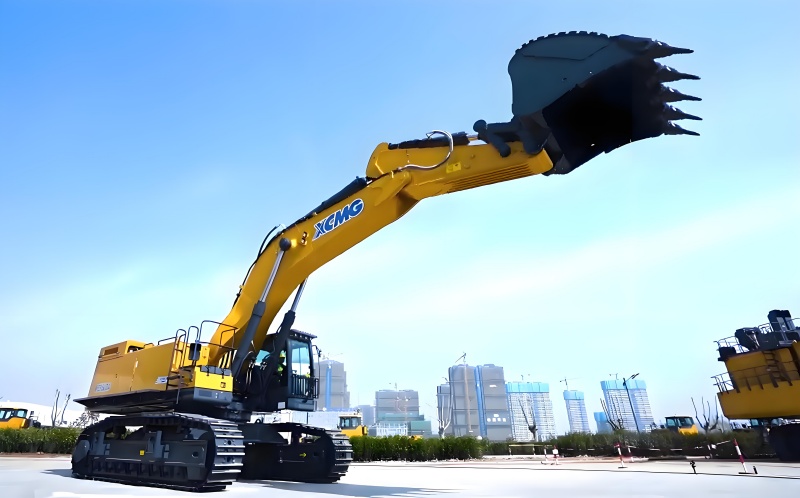
Decisive factors for tonnage selection
Engineering nature and operating environment
In urban operation scenarios such as municipal pipeline network transformation, micro and small excavators are highly favored because of their small impact on the surrounding environment and flexible transfer. The multi-functional attachment quick-change system also expands the application scenarios of micro excavators. From foundation excavation to pipeline laying, from garden landscaping to disaster relief, micro excavators show amazing adaptability.
As the main force of engineering construction, medium-sized excavators have the most active technological development. In highway expansion projects, medium-sized equipment equipped with a slope control system can complete the roadbed shaping accurate to the centimeter level at one time, greatly reducing the manual finishing process.
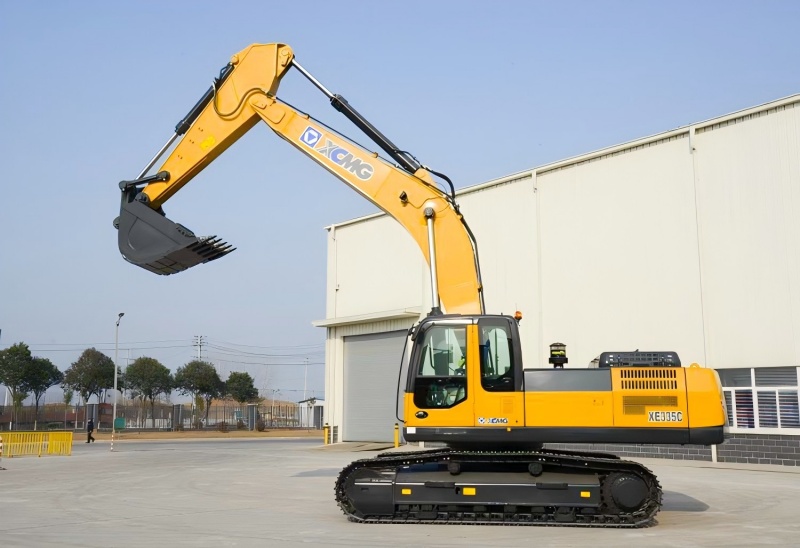
Large excavators play a key role in the construction of energy infrastructure. The implementation of national strategic projects such as West-to-East Power Transmission and North-to-South Coal Transportation cannot be separated from the strong support of large equipment.
Transportation conditions
Transportation conditions are often easily overlooked, but they directly affect the cost of equipment use. Equipment below 6 tons can be transferred by ordinary roads, while large equipment requires professional transportation solutions, including special vehicles and passes. These hidden costs must be fully considered in the decision-making stage.
Economic analysis should run through the entire selection process. In addition to the intuitive purchase price difference, there are significant differences in the operating costs (including fuel consumption, maintenance, labor, etc.) and service life of equipment of different tonnage. Rational choices should be based on accurate calculations of the cost of the entire life cycle, rather than simply comparing the initial purchase costs.
Strategies for special working conditions
Soft soil foundation or swamp area
When operating on soft soil foundation or swamp area, simply increasing the tonnage may cause the equipment to sink. At this time, you should choose a 15-25 ton wetland-specific model. Its widened track design can control the ground pressure below 25kPa, and with the special anti-winding design of the walking mechanism, ensure the normal operation of the equipment in harsh environments.
High altitude areas
When the altitude exceeds 3,000 meters, the efficiency of traditional excavators will drop by 30%-40% due to engine power attenuation. In view of this situation, it is recommended to choose 13-20 ton plateau equipment, whose supercharged intercooled engine and special cooling system can ensure that the rated power output is maintained in an oxygen-deficient environment. At the same time, UV protection and antifreeze design also extend the service life of the equipment in extreme climates.
Low noise requirements for urban construction
In urban renewal projects, low noise and low vibration characteristics have become important indicators for equipment selection. The newly developed 20-ton silent excavator controls the working noise below 65 decibels through a fully wrapped sound insulation design, hydraulic pipeline vibration reduction device and electric drive system, which fully meets the environmental protection requirements of urban night construction. This solution that balances environmental protection and efficiency is becoming a new standard for large city construction.
Scientifically selecting the tonnage of an excavator is a systematic project that requires comprehensive consideration of technical parameters, engineering characteristics, and economic factors. With technological advances and innovations in construction concepts, traditional tonnage boundaries are being redefined. It is recommended that users base their decision-making on both current project needs and industry development trends, and seek the evaluation services of professional consulting agencies when necessary. Only in this way can we ensure the best return on equipment investment and provide reliable protection for engineering construction. In the future, with the in-depth application of new technologies such as artificial intelligence and 5G, the selection of excavator tonnage will be more precise and intelligent, and will continue to promote the high-quality development of the engineering construction industry.

